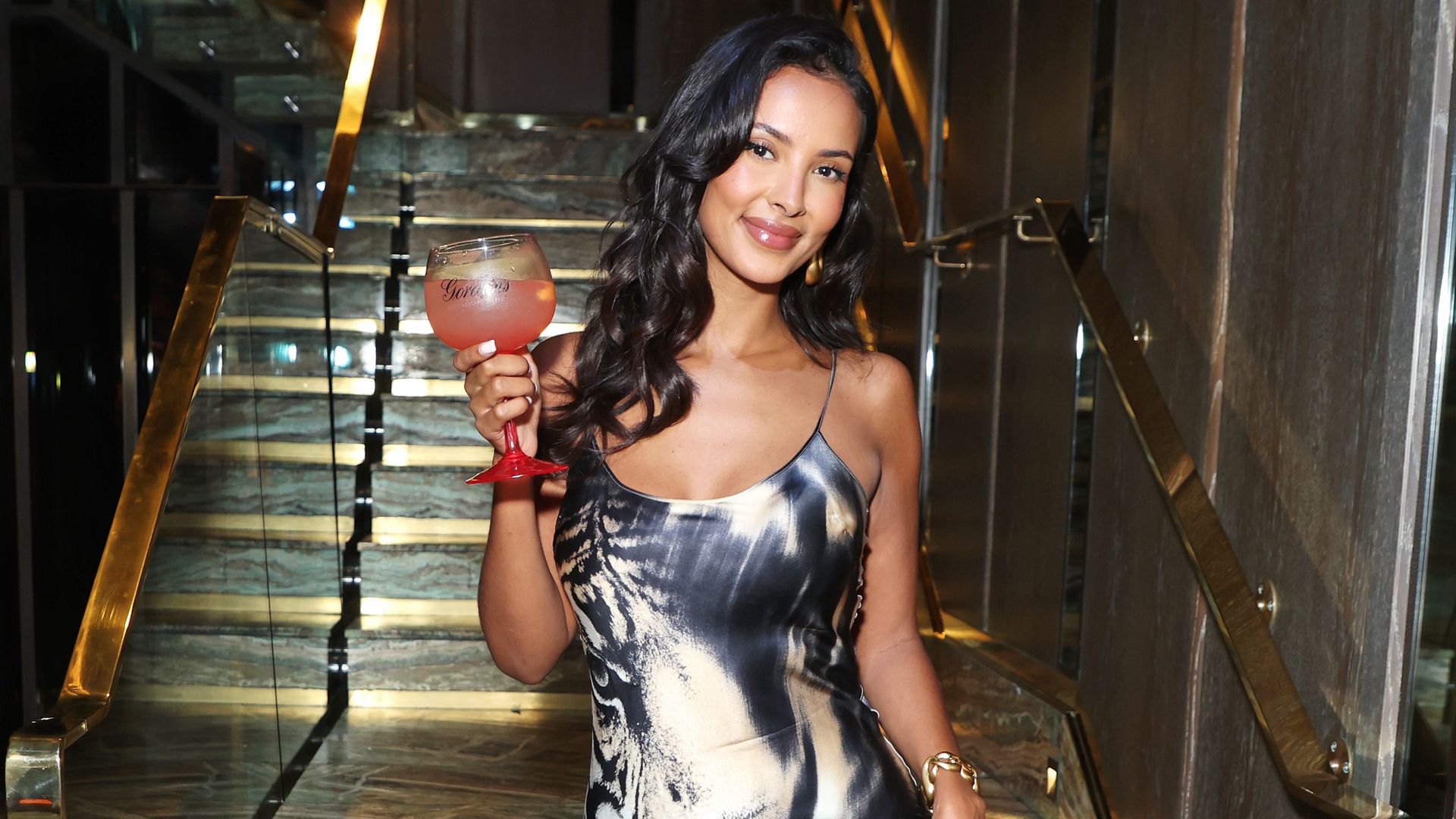Facebook X Email Print Save Story Back in July, the journalist Ezra Klein interviewed Elaina Plott Calabro, a staff writer at The Atlantic , on his popular podcast, “The Ezra Klein Show.” Calabro had profiled Kamala Harris the previous year, and Klein wondered whether the Vice-President was “underrated” as a potential challenger to Donald Trump. Harris, Klein said, reminded him of Hillary Clinton, insofar as both politicians “struggled with this question of authenticity, struggled to seem like they were themselves, giving a big speech.
” In small settings, he went on, Harris was “extremely warm and magnetic and profane, much more so than a lot of politicians who I know. . .
. You’d want to go to the barbecue or the party she hosted.” There was no politician, Klein ventured, for whom “a bigger gap” existed between “charisma on the stump” and “charisma around a table.
” Calabro concurred: “Once she gets in a smaller group and she’s able to really level with the person that she’s speaking to and has eyes on them, she, I think, becomes a completely different person.” Two months later, we all know this completely different person. Harris, suddenly, now comes across as a naturally gifted big-stage politician.
In front of even the largest audiences, she radiates intelligence, warmth, and an exuberant swagger characterized by observers, and by Harris herself, as “joy.” Good vibes are at the center of her campaign: one of the core promises of th.


















